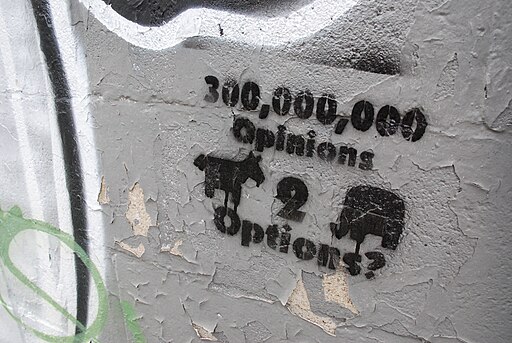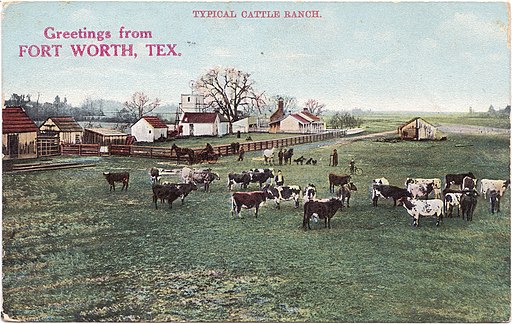
“The question,” Bonnie Kristian writes at The Daily Beast, “isn’t whether we want a Republican reckoning or not. It’s whether we want the dream of mass public repentance for bringing Trump to power or the reality of Trump remaining out of power.”
Kristian’s argument, in summary:
Seeking the former “could push wavering Republicans toward a reflexive defense of Trump,” keeping the tank full and the engine running on his attempts to remain relevant.
Letting bygones be bygones, moving on instead of expecting Trump voters to don hair shirts and loudly denounce themselves, on the other hand, might let a (still illiberal) GOP find its way out of the Orange One’s shadow.
Maybe she has a point. On the other hand, she seems to be missing a point as well: American politics is designed to minimize “reckonings” in the form of lasting consequences for massive failures like, say, nominating a Donald Trump for office.
Ballot access laws, debate exclusion measures, and either/or voting (as opposed to, for example, ranked choice) corral voters into a “two-party” system.
Gerrymandering makes some districts safe for one of the two parties; in “swing” districts, party loyalty may make small moves at the margins, but it’s still either/or, not “how about something else?”
Fixed terms (four years for president, six for Senate, two for House), as opposed to snap elections when the president loses a vote of confidence, mean we’re stuck for long periods with the same faces.
Maybe you’d just like to leave? That’s fine, if you’re willing and able to fly to another country, fork over hundreds of dollars to file a statement renouncing your citizenship, pay an “exit tax” on assets you take with you, and continue paying US income taxes for ten years. And your exit won’t change the system, even to the extent that it frees you from that system.
Political “reckonings” have become short-term inconveniences. Americans under 30 years of age or so missed an era when one party (the Democrats) controlled both houses of Congress for nearly 40 years. These days, control of one or both houses changes at least once per decade.
Even after nominating, electing, and re-nominating Trump, the Republican “reckoning” lasted only two years before they regained control of the House. And we can expect that slow teeter-totter to continue indefinitely with neither party taking a hard enough bump to be thrown off.
Could substantial reforms “fix” that problem? Maybe. Ranked choice voting, un-gerrymandered districting and/or proportional representation, and repeal of draconian ballot access laws would at least open the system up to real alternatives.
The bigger question is whether the system is WORTH fixing. The history of political government says no — that we’re better off without it.
Thomas L. Knapp (Twitter: @thomaslknapp) is director and senior news analyst at the William Lloyd Garrison Center for Libertarian Advocacy Journalism (thegarrisoncenter.org). He lives and works in north central Florida.
PUBLICATION/CITATION HISTORY


